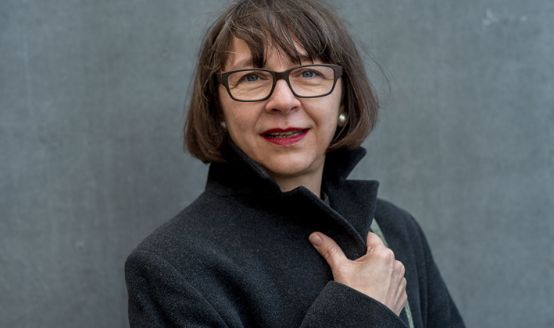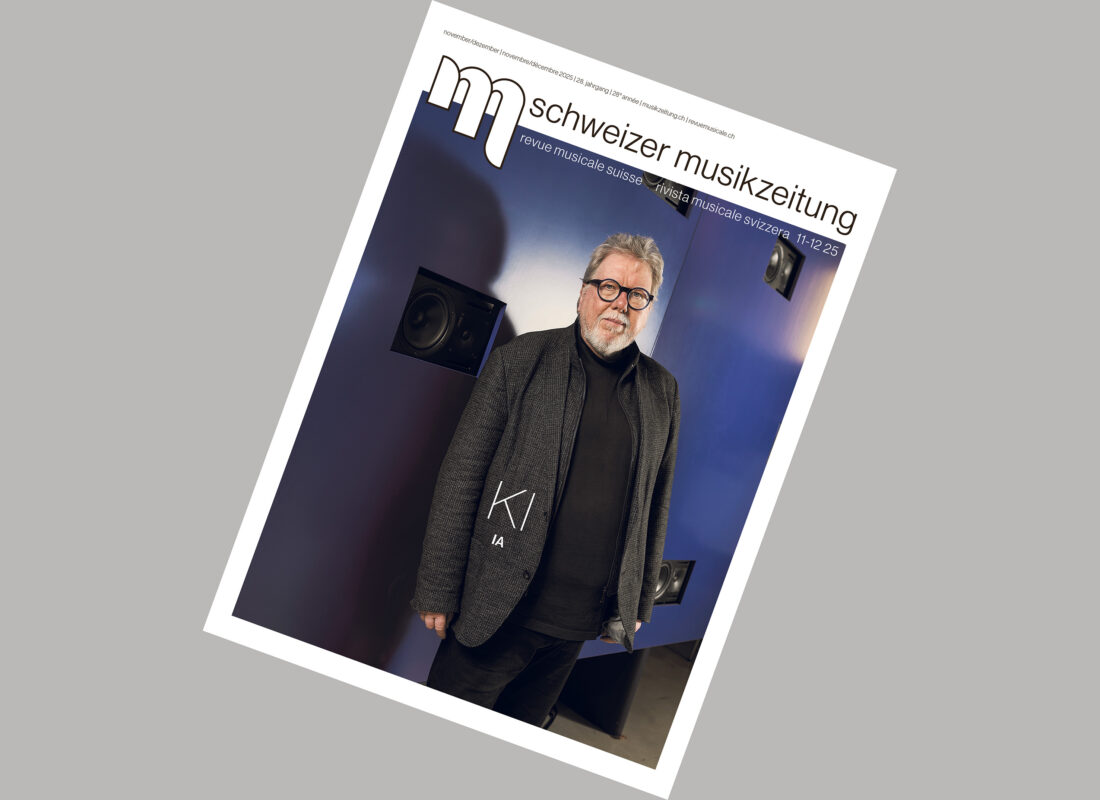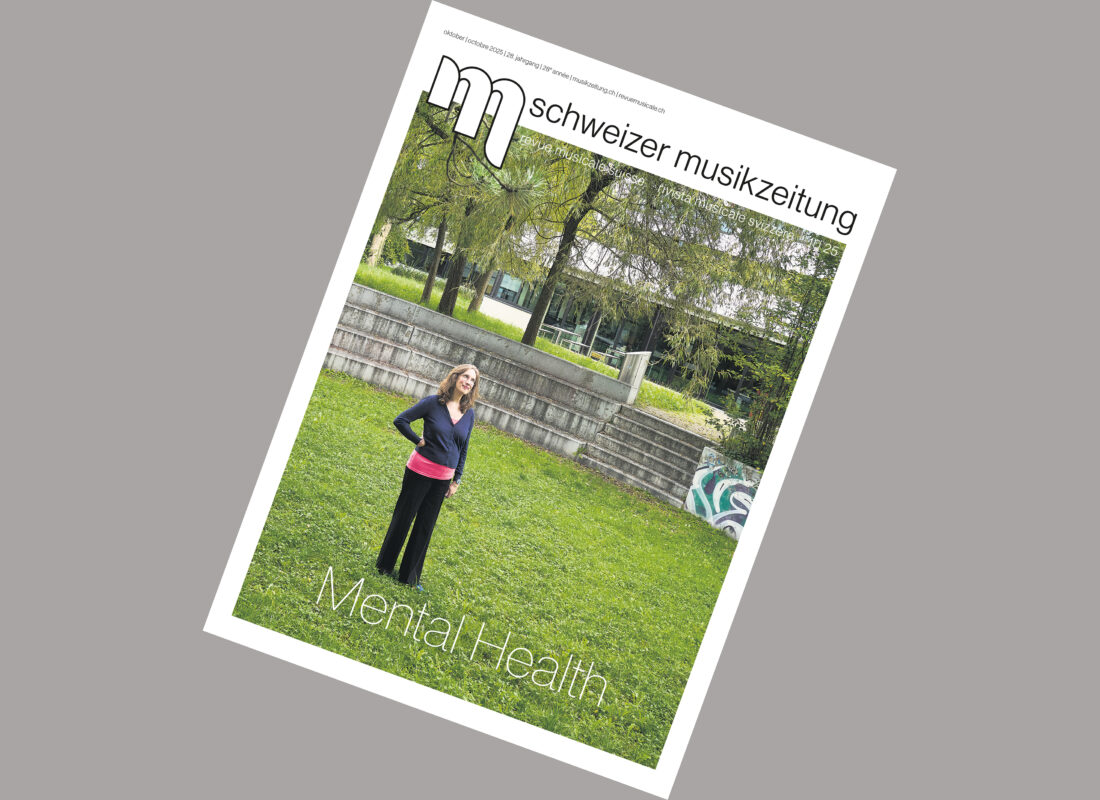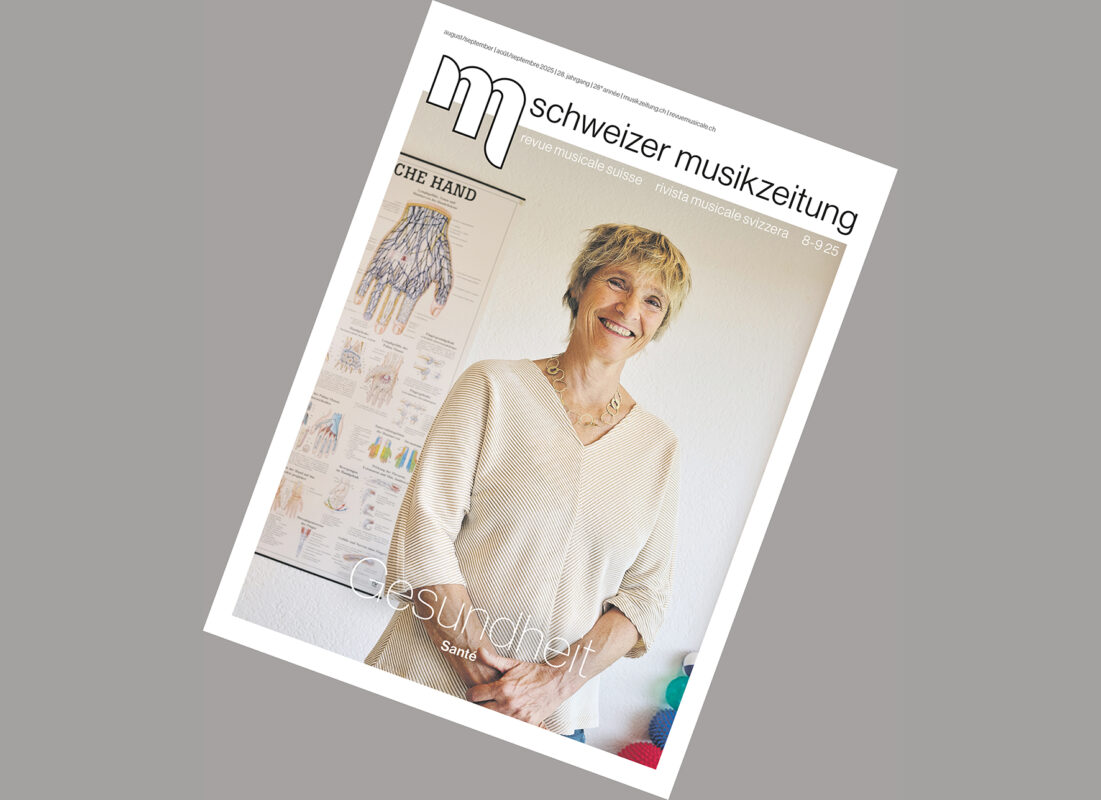Herculean task/Travaux d'Hercule
Cristina Urchueguía, President of the Swiss Music Research Society SMG, answers the Schweizer Musikzeitung's questions about Corona.


Cristina Urchueguía, President of the Swiss Music Research Society SMG, answers questions from the Swiss Music Newspaper.
How are you and SMG doing after this year?
The "pandemic year" was one of mixed emotions. My family and I were spared health problems, and the tighter the circle around us tightened, the more humble and grateful we were. In my role as a professor, I observed the confusing switch to video conferencing from a distance, especially at the beginning of the lockdown, thanks to a sabbatical. I was very sorry for my colleagues and students. Not being able to teach in person deprives us teachers of personal contact with colleagues and students. For the latter in particular, the restrictions on academic exchange and social interaction are fatal. Studying is not just about courses, it's a phase of life in which you gather new impressions and exciting encounters that don't necessarily take place in the seminar room.
As a researcher, I also encountered resistance: archives and borders were closed, which thwarted many plans or required constant adjustments. You quickly realize that not everything is available on the Internet.
For the Swiss Music Research Society, the year initially led to a standstill and an avalanche of cancellations. Although the move to video lectures made some events possible and even reactivated participants who would otherwise not have attended the lectures, I really missed the informal discussions before and after the lectures. Many good ideas are generated during aperitifs or casual conversations in the corridor. Working to rule is poison for scientific communication.
What is particularly drastic for you about the Corona period?
Two findings were particularly incisive, one negative and one positive: it was shocking to realize that our teaching and research content was immediately influenced by the pandemic: A planned seminar on Bern's musical life will now have to address the situation before, during and after the pandemic. A planned research project on music and tourism will now also have to reflect on what happens when musical performances are banned and mobility is restricted in an existing infrastructure. Here, too, we need to react quickly. On the other hand, it was inspiring to see that thanks to the routine use of video conferencing, institutional relationships could be maintained at an international level that were efficient, time-saving and also environmentally friendly. From now on, I will weigh up much more carefully when it is reasonable to travel by air. The lockdown has accelerated a welcome process here.
How do you think the corona period is changing your association?
My association is not directly but indirectly affected by the restrictions in musical life. We conduct research into musicians, musical phenomena and the conditions under which music is made. After the shock of the lockdown, we should take responsibility for analyzing these changes. I would like to see a reflection on how music research can contribute to understanding the effects and consequences of the pandemic and to the sustainable revitalization of musical life.
What question would you like to ask the Federal Council or what would you like them to do to revive the music scene?
First and foremost, I would like to see an explicit political commitment to the central importance of music in society, culture, education, innovation and, last but not least, the economy. Understanding music as a social practice in the context of a comprehensive socio-economic ecosystem would be the prerequisite for a holistic political anchoring. Only this basic attitude will nurture the will to sustainably support musical life in all its diversity and complexity.








